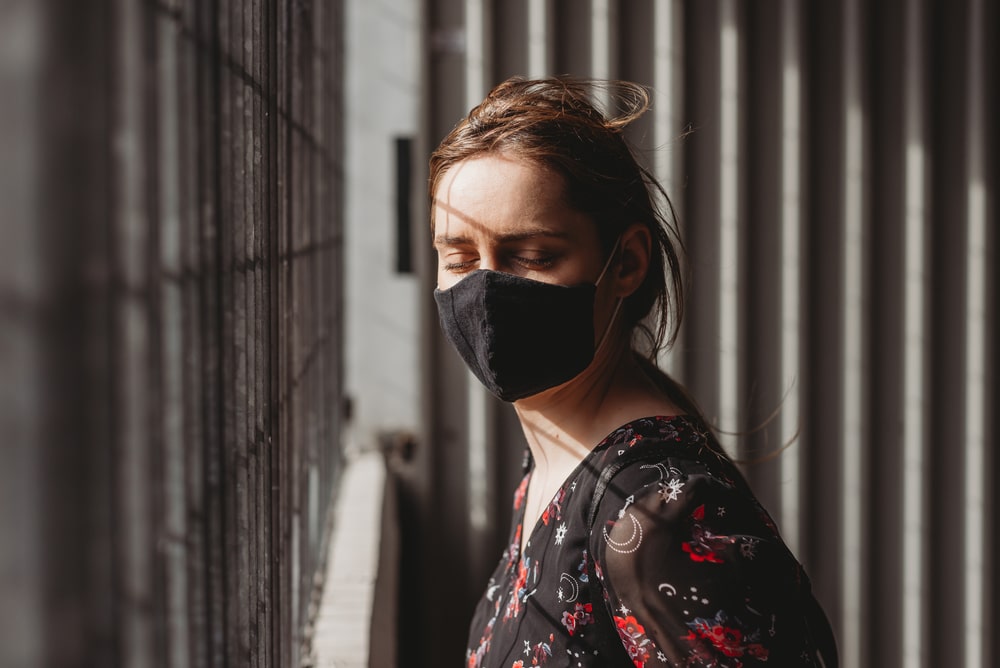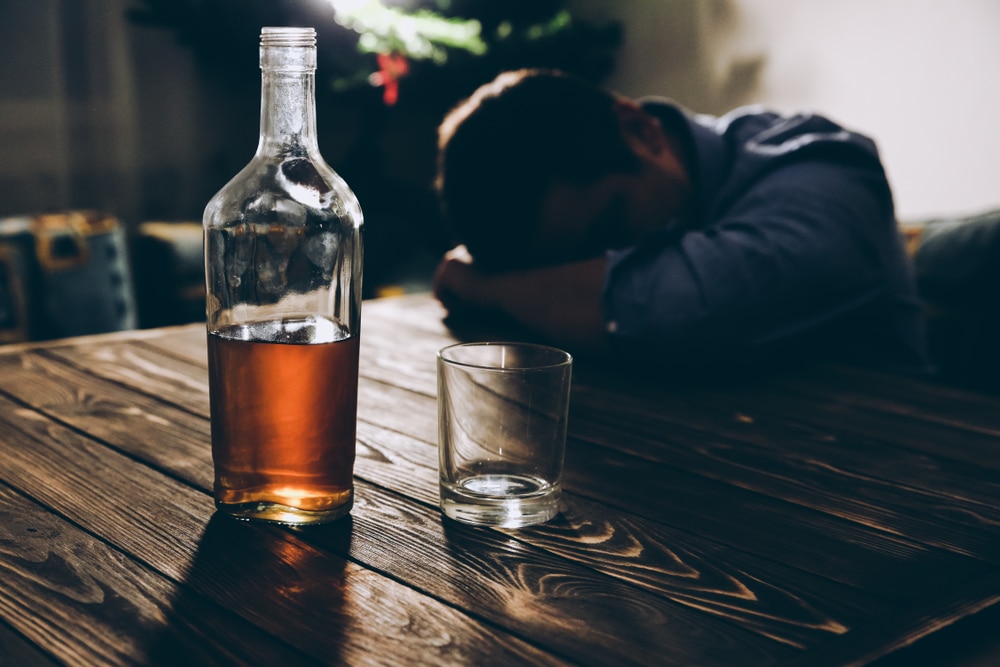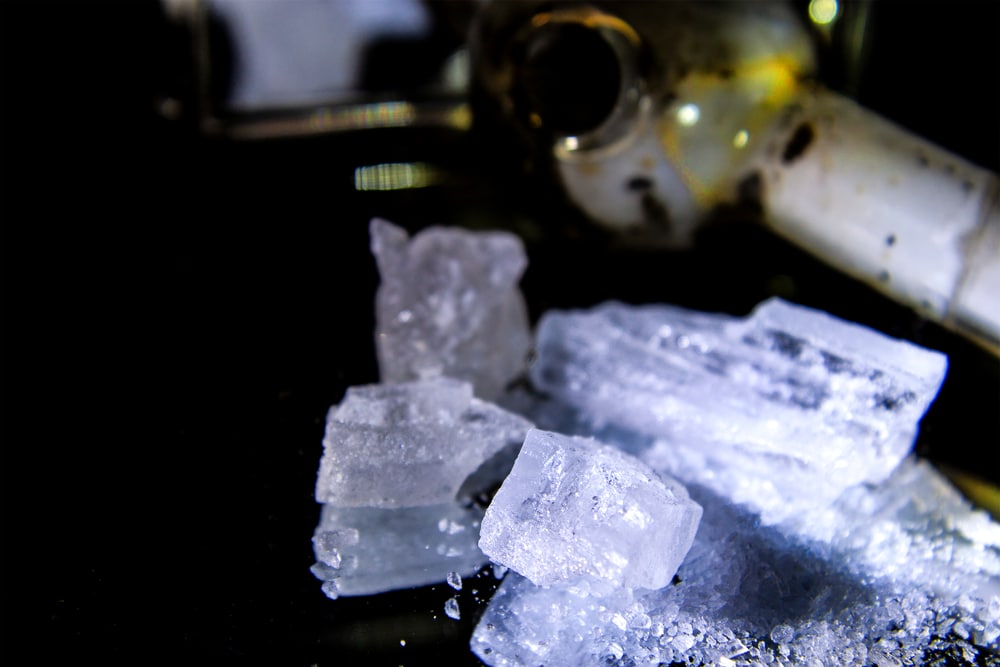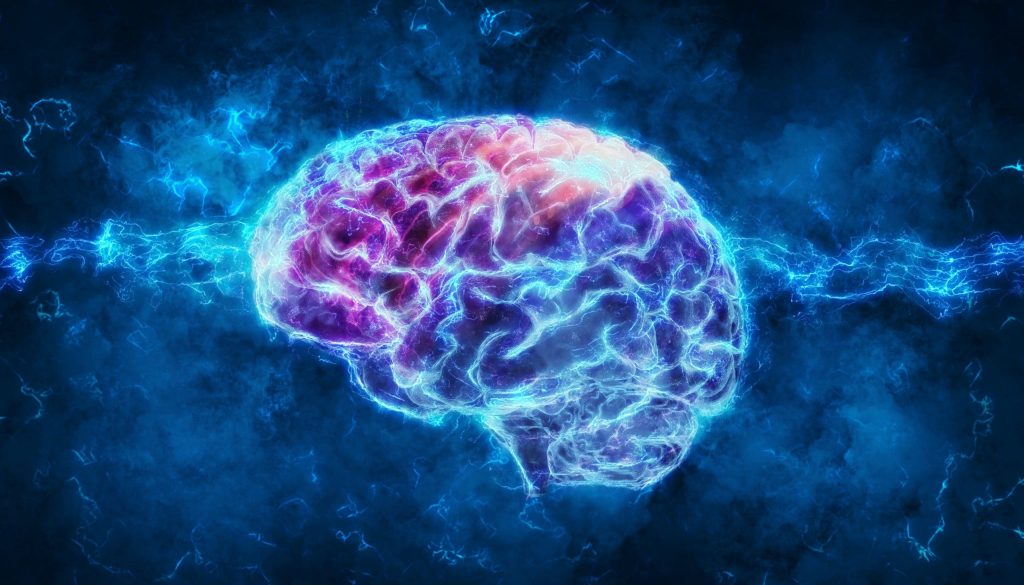Should I Be Afraid of Rehab?
Addiction affects almost every part of your life. Admitting that you have an addiction problem is the first step toward recovery. Denial is a large part of addiction, and breaking through self-deception is very difficult. So, if you’ve reached a point where you accept that drugs and alcohol are a serious problem in your life, then you’ve probably dealt with the hardest part. Rehabilitation is only a small part of it, yet many can be afraid of rehab. It's a huge life-changer and it can be difficult, but that shouldn't discourage you.
Addiction is a chronic disease that changes the way the brain functions. You may no longer have control of how you feel or act. But you should know that this isn’t about willpower or morals – it’s about acknowledging that you need help and accepting it.
It’s normal to have fears about rehab. Millions of others also fear joining rehabs for various reasons. So much so that only 10% of 20.4 million people with substance use disorders sought out addiction treatment in 2019. But fears only get in the way of sober living. Joining an addiction treatment center is going to be your best shot at addiction recovery.
But still, no one wants to join drug addiction treatment programs – at least not at first. Rehab is a scary thought for many families and people who struggle with addiction. The word itself comes with a huge stigma, and the idea of joining a facility for residential treatment can be equally overwhelming.
Also, joining rehab means letting go of substances, leaving the comforts of your home, and starting a new life. It means giving up control and embracing change. But as they say, change is as good as rest.

Common fears about rehab
Fear of detox and withdrawal
The thought of detox or withdrawal symptoms can be intimidating, especially if you’ve experienced them before or have heard stories. While withdrawal isn’t going to be your cup of tea, there are many ways to make it comfortable and tolerable. Treatment programs offer full-time help and access to medications and therapies to ensure you are pain-free. You’ll also be monitored by trained medical staff throughout your entire detox process.
Fear of leaving behind your life
Walking away from your comfort zone – your family, home, job, friends, or even substances can be scary. After all, you are leaving behind your life as you’ve known it and heading towards the unknown. But while this thought can be overwhelming, treatment is way less damaging than staying and continuing with your using habits. If the people you’re scared to leave behind care about you, they will be happy to see you get help.
Just ensure that everything is in order so that your only concern is to sober up. Arrange care for your elderly parents, children, or pets. Apply for the 12 weeks of family and medical leave to protect your work and sign up for automatic bill payments. The goal is to leave bills, jobs, and drama outside so you can focus more on getting better.
Fear of missing out (FOMO)
FOMO is one of the most common fears many people who struggle with addiction deal with before going to rehab. The illusion that drugs and alcohol go hand in hand with fun can make you skeptical about getting help. You may feel as though you’ll miss out on weekends, or after work, and so on. There’s also the aspect of friends; how they’ll hang out without you and how boring your life will get without them.

All these can be overwhelming, making you afraid of rehab and what happens afterwards. But substance abuse only leads to addiction, legal issues, financial troubles, broken relationships, etc. Unless you break free, you really won’t have a clear perspective of what fun means. Once you go through rehab, you’ll make new friends, learn new things, take up a hobby, travel, and even spend more time with loved ones. You’ll also identify fun activities that aren’t harmful to your health and relations.
Fear of not knowing how to cope with anxiety and stress
If you fall into the 50% category of those who experience substance use disorder due to mental health issues, you may fear that you won’t know how to cope once you stop using. But the good news is that treatment facilities often offer 12-step programs to help you resolve most of the underlying issues. They also offer holistic treatments to address mind, body, and soul. On top of that, they point you to support groups to serve as your sounding board, so there's no need to be afraid of rehab.
Fear of dealing with past trauma, neglect, or abuse
Many aspects – including childhood neglect, abuse, and trauma – might have contributed to your substance use disorder. Perhaps you’ve been suppressing the difficult past, but now you’re dealing with the prospect of facing it as part of the healing process.
It is scary to face the ghost of the past, but you won’t do it alone. Treatment centers have counselors who will hold your hand throughout the process. You’ll also have access to group therapy and other treatment options to help you process thoughts, emotions, and beliefs linked to the past trauma. In the end, the past won’t have a grasp on you.
Fear of starting a new life
Without drugs or alcohol, you may have no idea what you are, and that’s a scary place to be. But this is only temporary. During treatment and early recovery, you’ll be able to step out of your comfort zone and try new stuff. You’ll also hang out with sober friends and family and create new experiences. This might be a great time to try out new hobbies and interests.

Fear of failure
One of the main reasons most people are afraid of rehab is the fear of failure. The thought of going through a treatment plan but ending up with a relapse is devastating. But failing to try because you fear failing is denying yourself an opportunity to lead a clean life. In fact, you may be shocked by how well you respond to treatment.
And even if you relapse, it is still a step in the right direction. The National Institute on Drug Abuse shows that 40-60% of people with addiction relapse after treatment. Should you relapse, it’s vital to point out the triggers and find a way to avoid placing yourself in similar situations again.
Fear of success
Perhaps you’ve done things in the past that you aren’t proud of and feel like you have to punish yourself or be unhappy forever. Or maybe you suffered in the hands of someone who said you didn’t deserve happiness or that you wouldn’t amount to anything, and you believed them. So you’re always self-sabotaging to avoid success.
But everyone deserves a shot at happiness. Embrace your fears and not run away from them. Treatment centers have experts who will reinforce positive mental health and help you overcome any trauma that may have affected you. There is no need to be afraid of rehab. Depending on the rehab, the treatment plan may also include a faith-based approach to help you connect with your higher power to overcome addiction.
























